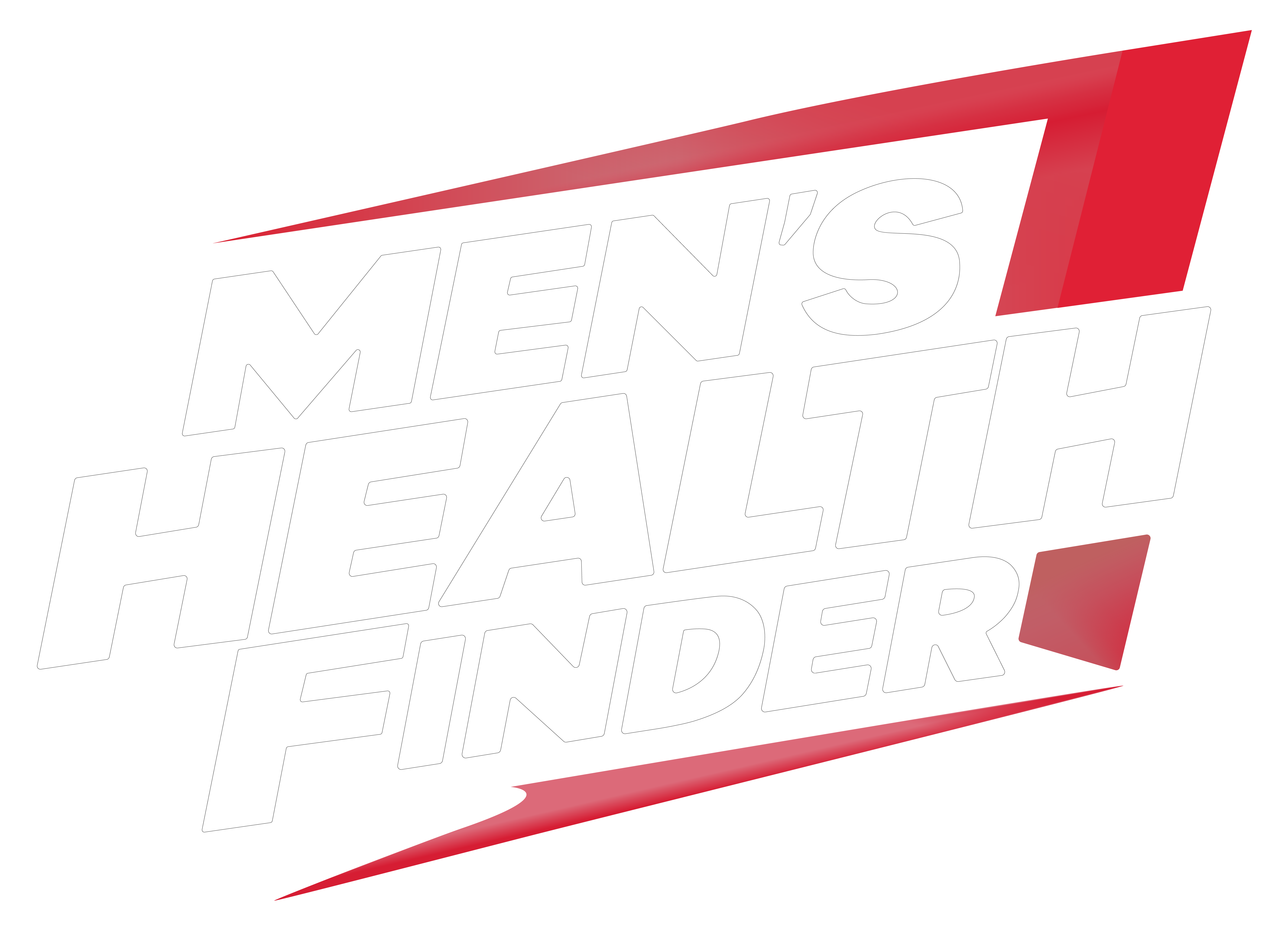Understanding Testosterone: Why It Matters for Men
Testosterone, often referred to as the “male hormone,” plays a crucial role in male health and well-being. While women also produce testosterone, men have significantly higher levels, and the hormone’s functions are particularly vital to male physiology.
What is Testosterone?
Testosterone is a steroid hormone primarily produced in the testes in men and in smaller amounts in the adrenal glands. It is responsible for various physiological processes, including sexual development, physical health, and emotional balance.
Key Functions of Testosterone:
1. Sexual Health:
– Drives libido and sexual arousal.
– Essential for sperm production and fertility.
2. Physical Health:
– Promotes muscle growth and strength by enhancing protein synthesis.
– Maintains bone density, reducing the risk of fractures.
– Supports red blood cell production.
3. Emotional and Cognitive Functions:
– Regulates mood and reduces the risk of depression.
– Enhances cognitive functions like memory and focus.
Why Testosterone Levels Matter:
Testosterone levels naturally fluctuate throughout a man’s life, peaking during adolescence and early adulthood and gradually declining with age. However, certain factors can accelerate this decline, leading to low testosterone levels (hypogonadism).
Symptoms of Low Testosterone:
– Fatigue and decreased energy levels.
– Loss of muscle mass and increased body fat.
– Reduced libido and erectile dysfunction.
– Mood swings, irritability, or depression.
– Cognitive issues like difficulty concentrating.
Factors Affecting Testosterone Levels:
– Age: Levels decline about 1% annually after the age of 30.
– Lifestyle Choices: Poor diet, lack of exercise, and chronic stress can negatively impact testosterone.
– Medical Conditions: Obesity, diabetes, and hormonal disorders are common culprits.
– Medications: Certain drugs, including corticosteroids and opioids, may suppress testosterone production.
Boosting Testosterone Naturally:
1. Exercise Regularly:
– Strength training and high-intensity interval training (HIIT) are particularly effective.
2. Maintain a Balanced Diet
– Include healthy fats, lean proteins, and micronutrients like zinc and vitamin D.
3. Manage Stress:
– Practice mindfulness, yoga, or other relaxation techniques to lower cortisol levels.
4. Prioritize Sleep:
– Aim for 7–9 hours of quality sleep each night to support hormonal balance.
5. Avoid Excessive Alcohol and Smoking:
– Both can impair testosterone production over time.
When to Seek Medical Advice:
If you suspect low testosterone due to persistent symptoms, consult a healthcare provider. Diagnosis typically involves a combination of symptom assessment and blood tests to measure testosterone levels.
Treatment Options:
– Lifestyle Changes: Often the first step to address mild deficiencies.
– Testosterone Replacement Therapy (TRT): For clinically significant low testosterone, TRT can help restore levels. This involves medical supervision and regular monitoring to ensure safety and effectiveness.
Conclusion:
Testosterone is far more than just a sex hormone—it’s a cornerstone of male health, influencing physical, mental, and emotional well-being. Understanding its role and taking proactive steps to maintain healthy levels can lead to a better quality of life as men age. Early detection and management of low testosterone can prevent long-term complications and promote overall vitality.


